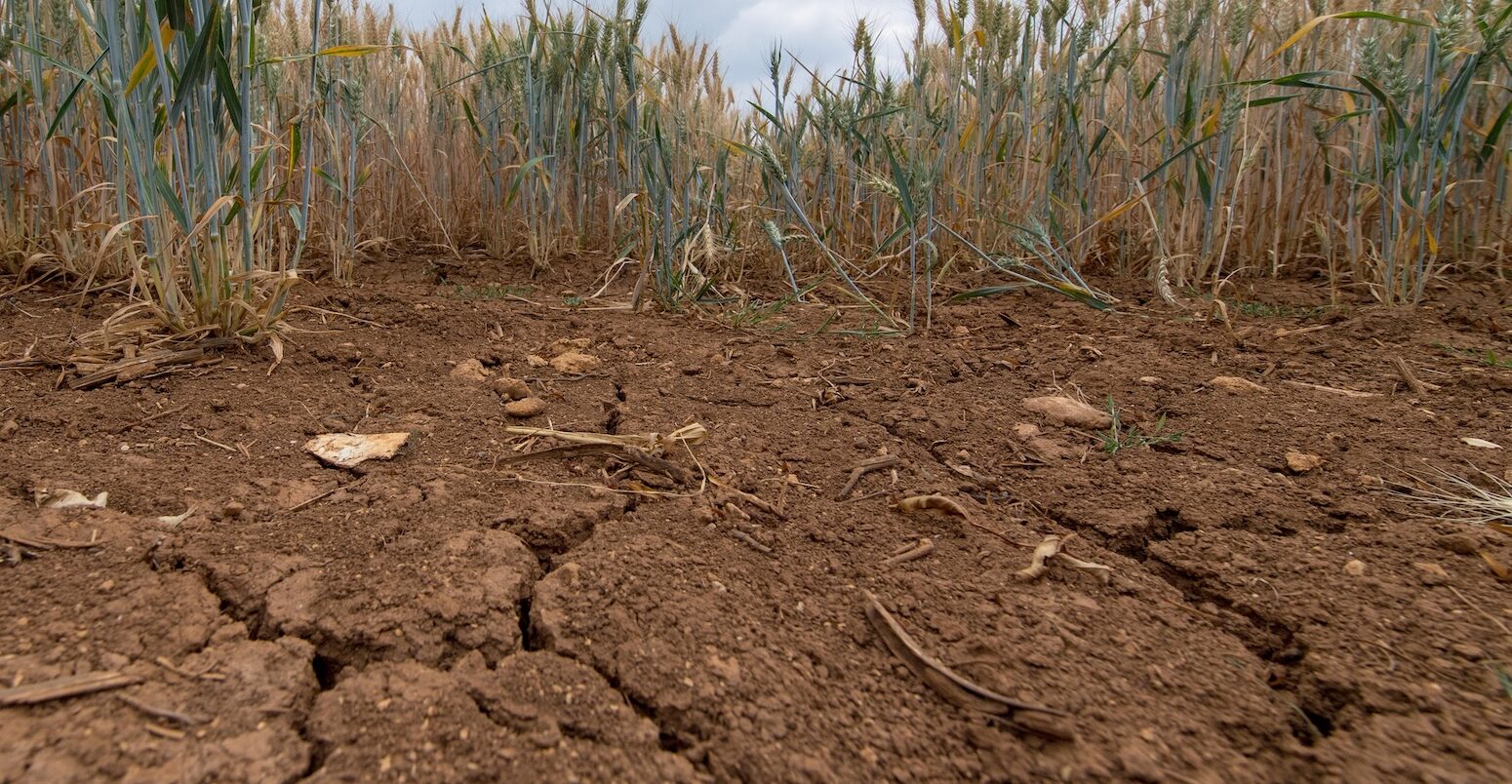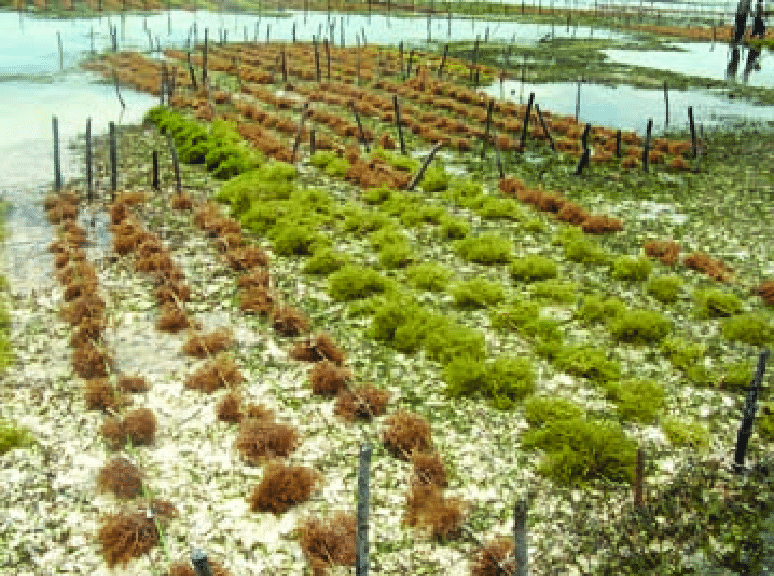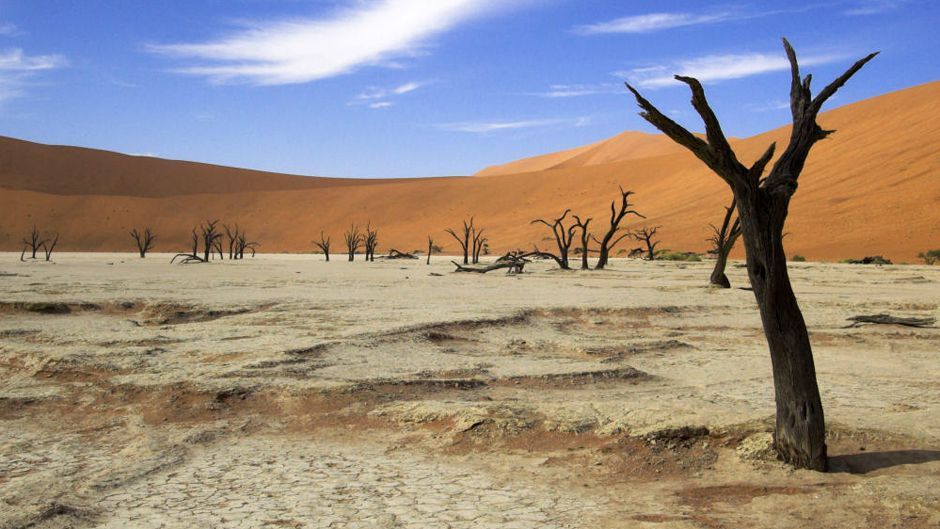Biodiversity credits will be easier to secure and more efficiently priced through a $106.7 million investment in the NSW Budget to establish a strategic new fund.
The Biodiversity Credits Supply Fund (the Fund) is:
- buying credits upfront at competitive market prices based on forecast demand from major projects and infrastructure development
- selling credits at the purchase price plus a small mark-up (cost recovery) to public or private proponents who need to offset biodiversity impacts
- re-investing proceeds to buy more credits (as a revolving fund), enabling the initial investment to be used to buy and sell $200 million credits over 3 years.
The Fund also helps improve conservation outcomes with the government able to direct efforts to more strategic sites.
The Fund operates within the Department of Climate Change, Energy, the Environment and Water using existing provisions in the Biodiversity Conservation Act 2016.
Why is the Fund needed?
New South Wales has a $110 billion infrastructure pipeline and renewed investment in housing and manufacturing.
As a result, demand for certain credit types is increasing faster than supply, which can cause delays and increased project costs.
The NSW Government established the Fund to increase the supply of these credits and enhance confidence in the biodiversity credit market.
The Fund is delivering a significant increase in the supply of credits required for critical projects such as renewable energy zones, regional infrastructure initiatives and the expansion of housing and manufacturing.
This will reduce unnecessary project delays and costs without compromising environmental outcomes, resulting in greater economic benefits.
What does the Taskforce do?
The Credits Supply Taskforce is:
- fast-tracking supply of biodiversity credits by proactively supporting landholders to enter into biodiversity stewardship agreements (BSAs) that generate priority credits (credits most likely to be in demand)
- assessing and approving new biodiversity stewardship agreements (the Biodiversity Conservation Trust (BCT) continues to oversee the implementation of biodiversity stewardship agreements and annual payments to landholders)
- operating the Biodiversity Credits Supply Fund – acquiring priority biodiversity credits and on-selling them to proponents to support the delivery of infrastructure and other projects as those projects are approved, and seeking to:
- lower the cost of biodiversity credits compared to current forecasts, increase certainty and reduce delays for proponents
- reduce the need for proponents to pay into the Biodiversity Conservation Fund as a way to meet offset obligations
- improve liquidity and confidence in the biodiversity market and the Biodiversity Offsets Scheme.
- enhancing conservation benefits by contributing to regional and landscape-scale conservation objectives, integrating private and public land measures and contributing to a cohesive biodiversity strategy for the state.
Who is in the Taskforce?
The Taskforce includes staff with functions that closely relate to the objectives and activities of the Taskforce, drawn from:
- Biodiversity, Conservation and Science
- Biodiversity Conservation Trust.
The cross-agency representation will also help ensure the Fund operates as part of an integrated approach.
Credits Supply Taskforce – frequently asked questions
When will the Taskforce start processing BSAs?
From around August 2022 for new applications.
Will current BSA applications that have been made to the BCT be transitioned to the Taskforce?
Yes, although any applications able to finalised by the BCT in July will be finalised by the BCT. Any remaining after 1 August 2022 will be moved to the Taskforce.
What will the Taskforce do differently?
The Taskforce is expected to establish an increase in the number of BSAs with landholders to address demand for biodiversity credits. It is also expecting to process BSAs more quickly and take an active role in addressing barriers to entry. More information will be published in July/August 2022 on the support available to landholders to enter into a BSA. This is likely to be targeted to in- demand credits.
If I made a BSA application to the BCT but it hasn’t yet been approved, will I be able to access the same support as a new applicant?
The Taskforce will seek to accommodate this. Any requests should be raised with the Taskforce.
After my BSA is approved, do I still deal with the Taskforce?
The Taskforce will handover the BSA to the BCT once it is approved, and the BCT will have an ongoing relationship with the landholder in relation to implementation of the BSA and management payments from the BSPF.
Who do I apply to for BSA variations?
The Taskforce will cover BSA variations as well as applications for new BSAs.
Can I establish carbon credits as well as biodiversity credits on a BSA site?
More information on this issue is being obtained and will be published.
Apart from BSAs, will the Taskforce be able to tell me about other opportunities?
Yes, Taskforce staff will be able to provide information on other options and follow up contacts.
How will the Taskforce handle interactions between its various roles?
The Taskforce has teams with clearly defined roles and any issues will be identified and dealt with under its operating protocols. Advice from probity advisors will be sought as issues are identified. The Taskforce will operate with high degrees of probity, transparency and accountability.




